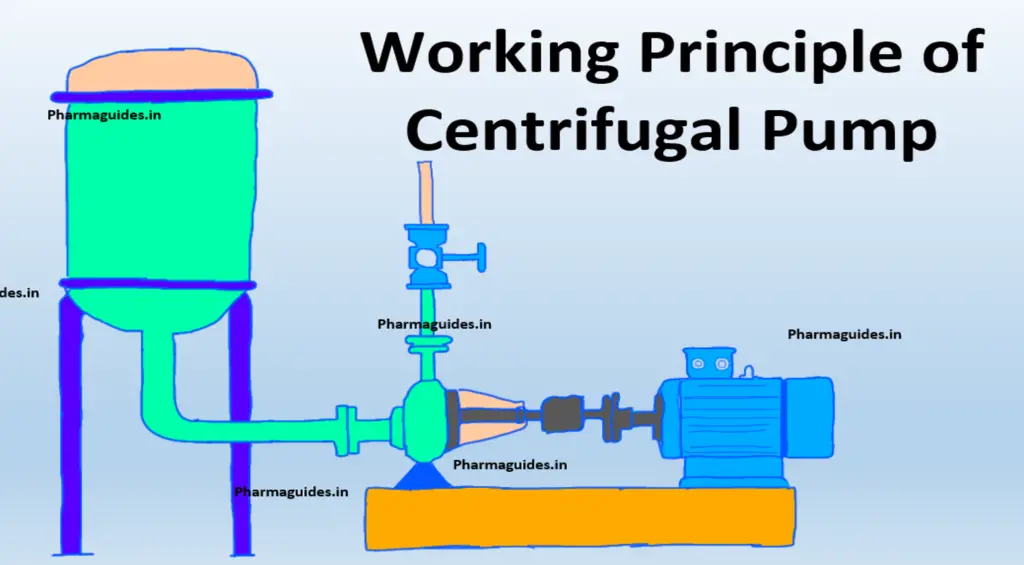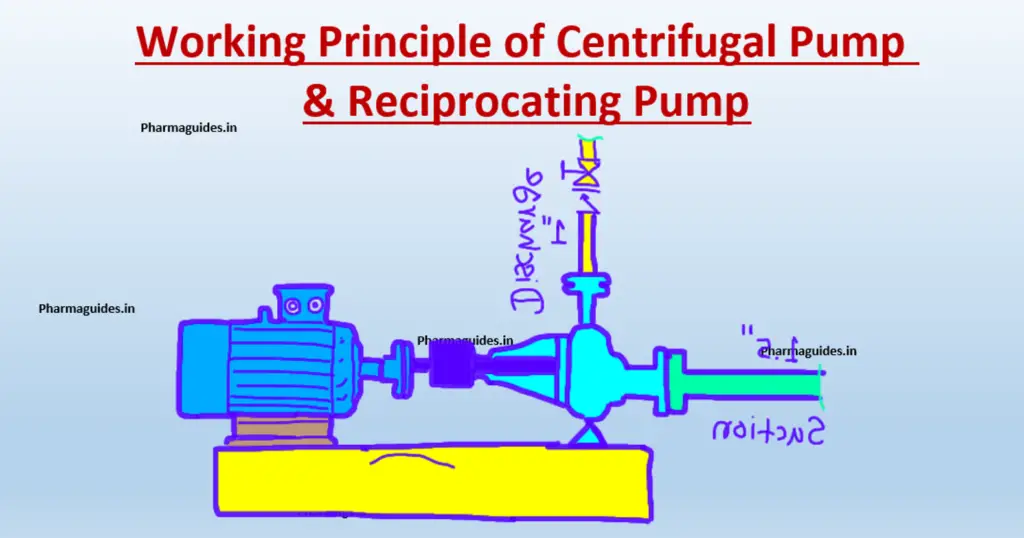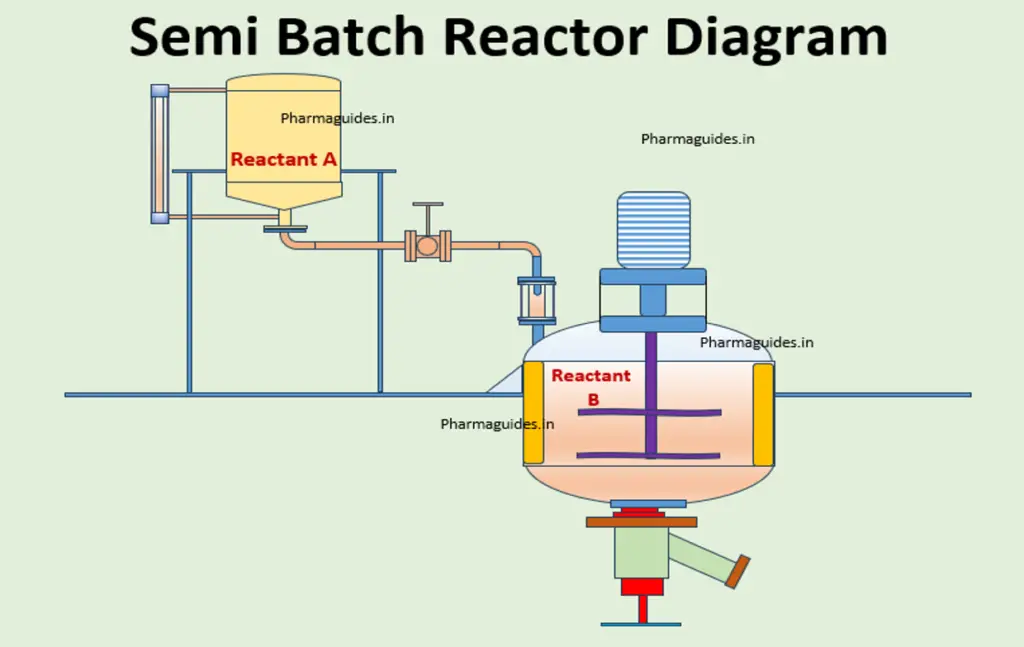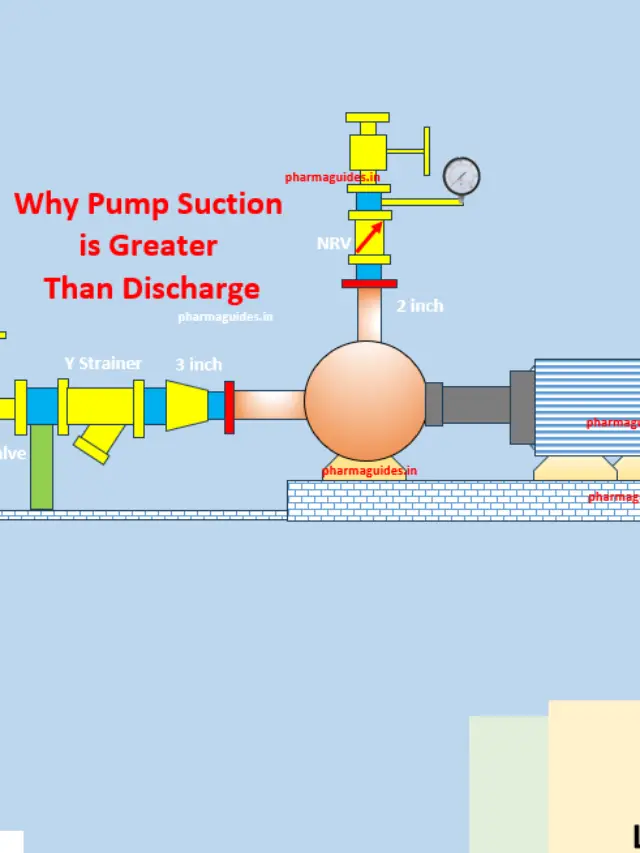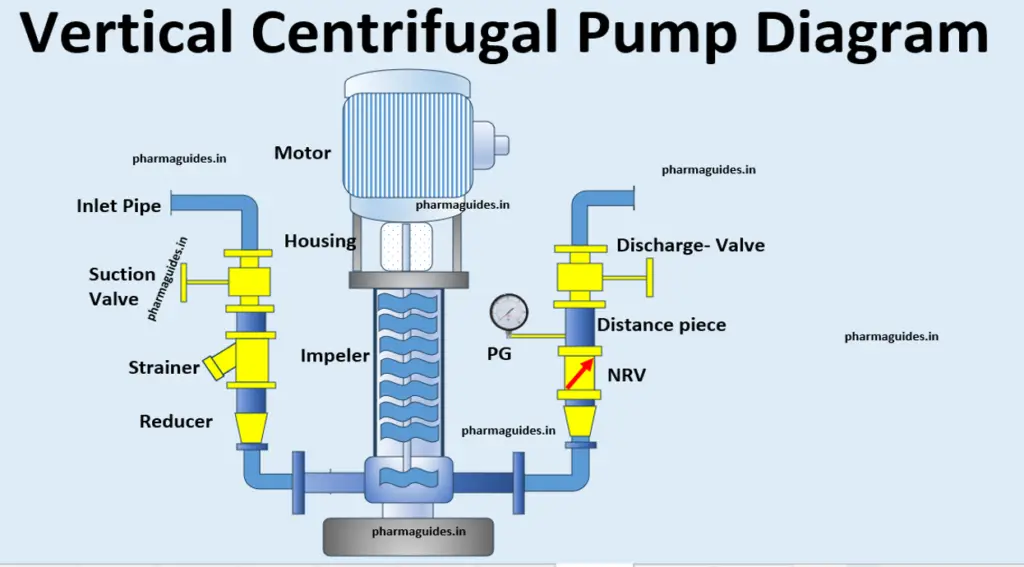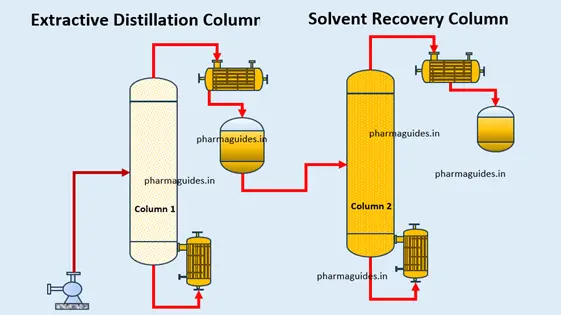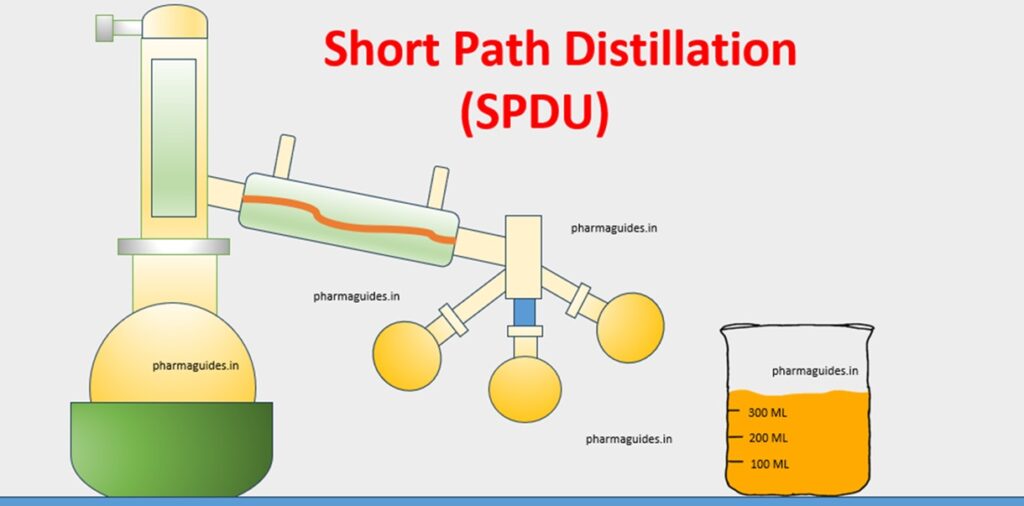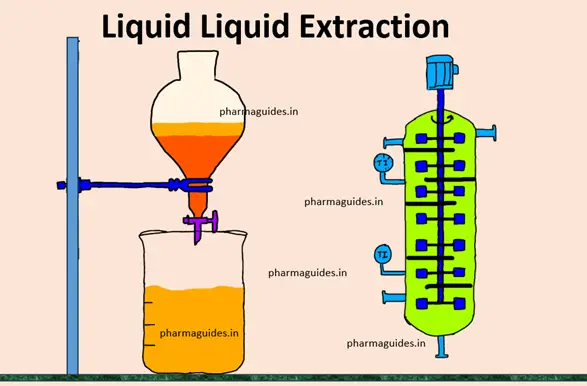Advantages and Disadvantages of Centrifugal Pump
Article Contents
Centrifugal Pump
Advantages and Disadvantages of Centrifugal Pump :- Centrifugal pumps are widely used for fluid transfer due to their versatile design and efficient operation. With a simple layout, they are easy to install and maintain, making them cost-effective. These pumps excel in applications requiring high flow rates, such as water supply, wastewater treatment, and chemical processing. However, they have limitations, including sensitivity to system changes and susceptibility to cavitation. Centrifugal pumps are efficient for low-viscosity fluids but may struggle with high head pressure or handling highly viscous liquids. Their wide application range and straightforward design make them a popular choice in various industries.

Advantages of Centrifugal Pumps
- Wide Range of Applications: Centrifugal pumps are versatile and used in various industries for tasks like water supply, wastewater treatment, chemical processing, and more.
- Simple Design: Their straightforward design makes centrifugal pumps easy to install and maintain, reducing downtime and maintenance costs.
- High Flow Rates: Centrifugal pumps are known for their ability to handle large volumes of fluid, making them suitable for applications where high flow rates are essential.
- Efficient Operation: Centrifugal pumps can operate at high speeds, providing efficient fluid transfer with relatively low energy consumption.
- Self-Priming Capability: Some centrifugal pumps are self-priming, allowing them to start and operate even when the pump is not initially filled with liquid.
Disadvantages of Centrifugal Pumps
- Limited Suction Lift: Centrifugal pumps may struggle with suction lift, especially when dealing with high-viscosity fluids or situations with significant elevation changes.
- Sensitive to System Changes: Changes in system conditions, such as variations in head or flow rate, can impact the performance of centrifugal pumps, Advantages and Disadvantages of Centrifugal Pump.
- Cavitation Risk: Centrifugal pumps are susceptible to cavitation, a phenomenon where vapor bubbles form due to low pressure, potentially causing damage to pump components.
- Not Suitable for Viscous Fluids: While efficient for low-viscosity fluids, centrifugal pumps may face challenges when handling highly viscous liquids.
- Limited Head Pressure: Centrifugal pumps may struggle with high head pressure applications compared to positive displacement pumps.

Understanding these advantages and disadvantages is crucial for selecting the appropriate pump type based on specific application requirements and operational conditions.
Advantages and Disadvantages of Centrifugal Pump
| Aspect | Advantages of Centrifugal Pump | Disadvantages of Centrifugal Pump |
|---|---|---|
| Design and Maintenance | Simple design, easy installation, and minimal maintenance | Limited tolerance to system changes, can be sensitive to variations |
| Efficiency | Efficient operation with high flow rates and relatively low energy consumption | Susceptible to cavitation, especially at high speeds |
| Application Range | Versatile application in various industries for fluid transfer | Struggles with high-viscosity fluids, may have limitations in high head pressure applications |
| Cost | Lower initial cost compared to some pump types | May require additional equipment for specific applications, leading to higher overall costs |
| Flow Control | Well-suited for applications requiring continuous and high-volume fluid circulation | Limited precision in flow control compared to certain pump types |
Advantages and Disadvantages of centrifugal pump over reciprocating pump
| Aspect | Centrifugal Pump | Reciprocating Pump |
|---|---|---|
| Advantages | Simple design, easy maintenance, lower initial cost | High-pressure capability, precise flow control, suitable for viscous fluids |
| Ease of Maintenance | Generally easier due to fewer moving parts | More complex with additional components, may require more maintenance |
| Flow Rate Handling | Efficient for high flow rates | Can handle varying flow rates with precision |
| Suitability for High-Pressure Tasks | May struggle with high head pressure applications | Well-suited for high-pressure scenarios |
| Viscous Fluid Handling | Limited efficiency for highly viscous fluids | Excellent performance with viscous liquids |
| Cavitation Resistance | Susceptible to cavitation, especially at high speeds | Less prone to cavitation |
| Initial Cost | Typically lower | Higher initial cost due to complexity |
The choice between centrifugal and reciprocating pumps depends on specific application requirements, considering factors such as flow rates, pressure needs, and fluid characteristics.
What is the use of a centrifugal pump?
Centrifugal pumps find extensive use in various industries for fluid transfer applications. Their primary purpose is to move liquids from one location to another efficiently. Common applications include water supply systems, wastewater treatment, chemical processing, and agricultural irrigation. The versatility of centrifugal pumps makes them indispensable in providing a reliable means for continuous and high-volume fluid circulation in a wide range of industrial and commercial settings, Advantages and Disadvantages of Centrifugal Pump.
What are the main features of a centrifugal pump?
The main features of a centrifugal pump include a simple design, ease of installation and maintenance, and the ability to handle large volumes of fluids. Centrifugal pumps consist of an impeller that rotates to create a centrifugal force, generating fluid movement. They are known for their high flow rates, relatively low energy consumption, and the ability to handle various liquid types. These features make centrifugal pumps well-suited for applications requiring efficient and continuous fluid transfer.
Advantages and Disadvantages of Centrifugal Pump





